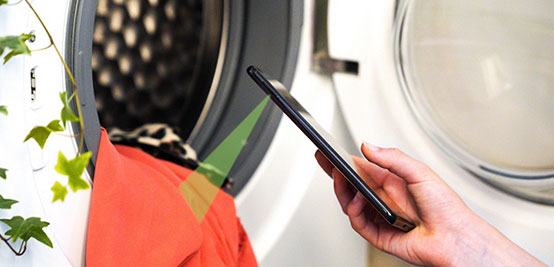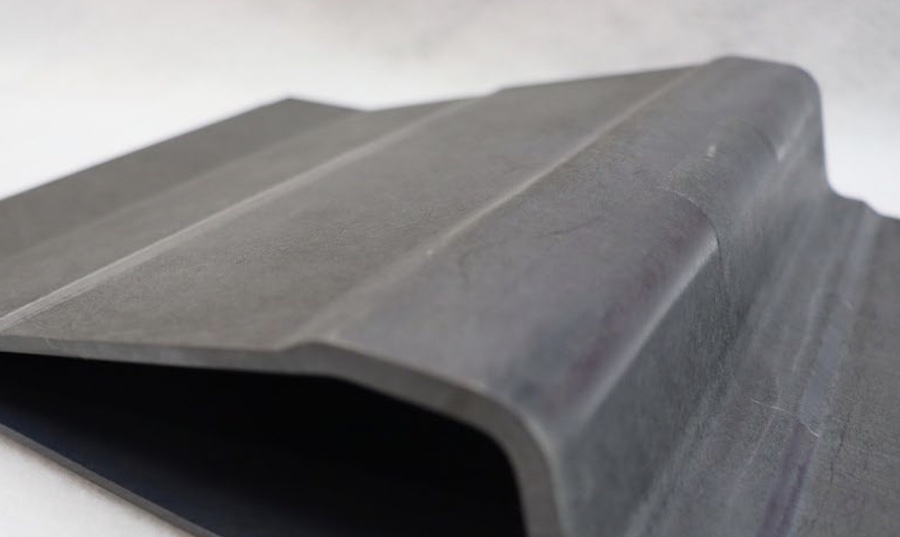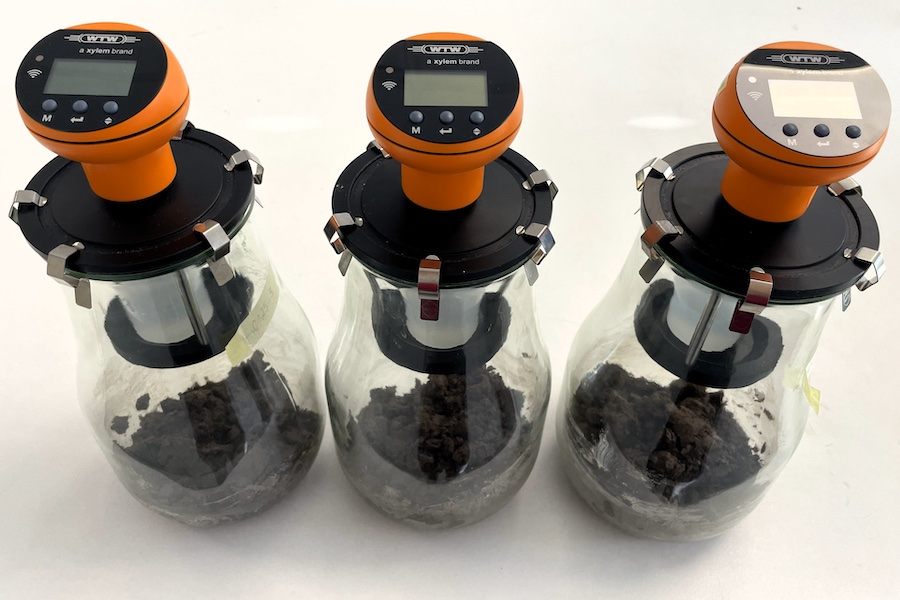#Research & Development
E-textiles: So hot right now!
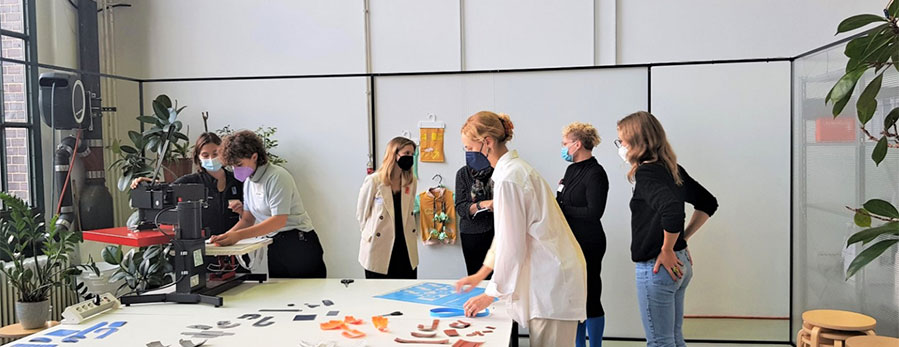
Let’s make it official: 29 September 2021 will be a red letter day for all lovers of innovative textiles, with the Textile Prototyping Lab formally opened at Fraunhofer IZM in Berlin. The fabrics of the future will be electronic, as these two worlds, so far apart and unrelated at first sight, turn out to form the perfect symbiosis for many unexpected uses. The eponymous collaboration project was introduced in 2017 with the weißensee academy of art, Fraunhofer IZM, and other project partners and has already produced many creative and futuristic high-tech textiles. From garments with built-in sensors to stretchable design objects or intelligent industrial fabrics, there is much to be discovered for all lovers of fashion and high-tech enthusiasts.
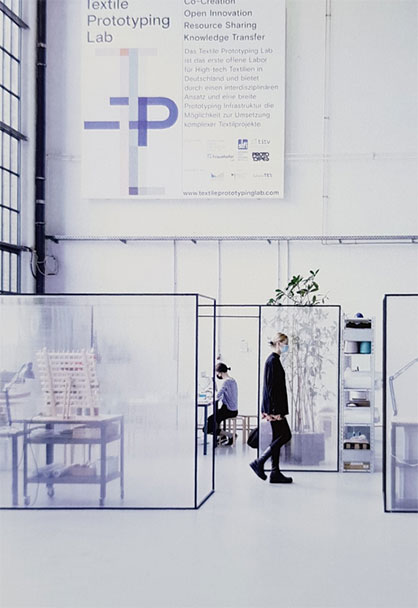
The launch of the TPL represents the next major step for the team behind the initiative: They plan to use the cutting-edge facilities to explore new aspects and technologies for prototyping textile electronics and smart textiles and to immediately try out their ideas in the true spirit of open innovation.
Visitors from research, industry, and public administration as well as financial supporters and representatives from fashion and textile start-ups were present for the launch. The event gave them a unique opportunity to discover the modular lab and technical facilities, with highlights including a live demonstration of the advanced embroidering machines, cutter plotters, laminators, and a special 3D printer. All visitors could get their own designs and logos printed as a memento of the TPL’s launch.
Resources are there to be shared: The TPL’s motto could be felt in action right from its inception, as the opening of the new facilities was accompanied by an exhibition of interactive e-textile and smart textile samples, created in the joint project work and here showcased for the first time by the proud members of the TPL team.
As the crucible where the technological expertise of the Fraunhofer IZM researchers and the aesthetic visions of artists and designers come together, the TPL will be a hotbed for sharing knowhow and expertise across the divide between science and art and for co-creating e-textiles with a keen sense for modern designs.
For more information, visit:
http://www.textileprototypinglab.com
futureTEX
The venture is supported by the futureTEX project, winner of the “Twenty20 Partnership for Innovation” programme of the Federal Ministry of Education and Research. Research institutes, companies, and associations are focussing their efforts in 2021 on the building blocks for the future of traditional industries. The futureTEX consortium has set itself the ambitious goal of becoming a leading force for textile machine engineering and the textile industry as part of the fourth industrial revolution, with its sight set on forming the most advanced value creation network in Europe’s textile industry by 2030. The introduction of a new future concept will tackle the key issues of our time with partners from science and industry, including resource efficiency and the circular economy, flexible, customer-integrated value chains, novel textile products, knowledge and innovation management, work organization and talent development. The consortium includes no fewer than 300 active partners, seventy percent of whom hail from industry. The futureTEX project was also named as a landmark in the 2016 Land of Ideas competition.



